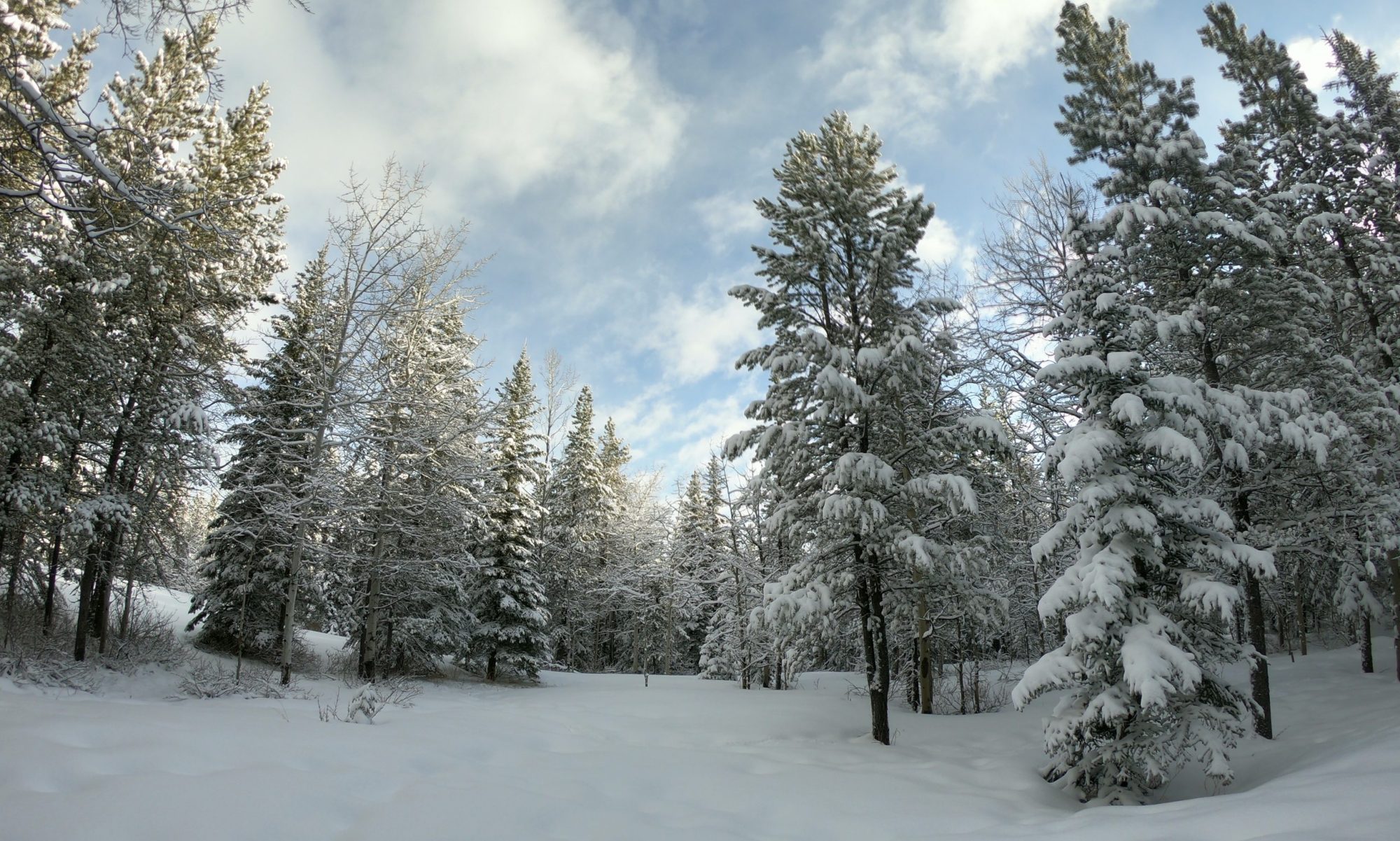I’ve had a couple trusty knives in my possession for nearly as long as I can remember. And this week in my Thursday Tuck & Tech post (where I’m making an inventory of the gear I use or would like to add to my collection) I’m digging into a blade I was given by my brother as a best-man gift for his wedding nearly twenty years ago.
The CRKT (Columbia River Knife & Tool) model SRT-HRE is a matte black, single blade, folding knife with a simple spring-arm lock in the hilt.
The reverse side features a simple pocket clip which adds about 50% to the depth profile, making this about 1 cm thick by 16 cm long open (9 cm long closed.)

What I Googled told me that the SRT-HRE code translates to: Special Response Team – High Risk Environment, and I couldn’t find this model for sale on the manufacturer website, so I’m going to assume it’s out of production. And, in light of the crazy insurrection-type action going on with our southernly neighbours this month, I’m going to add that I’ve only ever used this knife for peaceful, outdoorsy cutting which makes it more of a Average Guy Club – Low Risk Wandering knife, or AGC-LRW for short.
The top two-thirds of the blade is a curved, smooth edge while the bottom third is a serrated edge.
It’s light and strong, and feels good in the hand and I’ve used it for nearly two decades of general outdoor utility like cutting rope, feathering kindling, and cutting vegetation. I’ve also kept it handy while camping for food preparation and as a general purpose steak-knife. It’s not nearly long enough to fillet a fish, but it might serve in a pinch.
This is the kind of knife I toss into my pocket whenever I go camping, out for a long, woodsy walk or a photo expedition. You never know when you need to cut a bit of branch or pry something loose.
Note: this is a piece of gear I’ve owned for a while, and this post is not an endorsement (at least, it’s not a paid one.)

